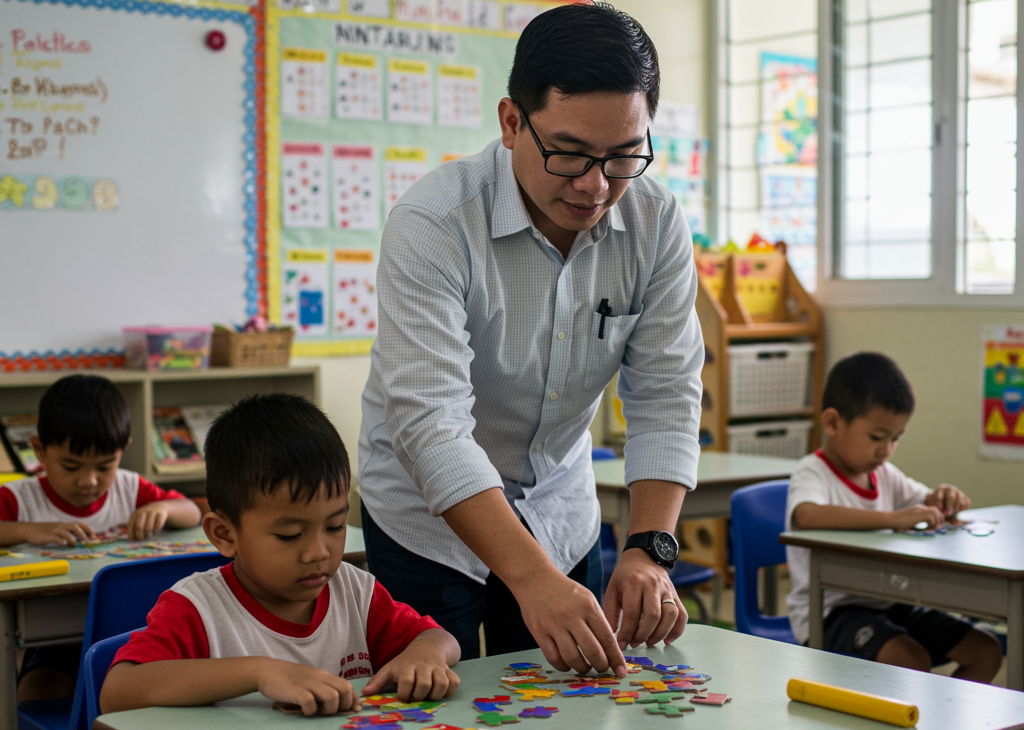As a Mexican educator currently teaching in the U.S. on a J-1 visa, I understand the excitement and challenges that accompany this transformative journey. While teaching in a new country is exhilarating, adjusting to a different culture can present unexpected hurdles. In this blog, I’ll share my personal experiences and tips for navigating culture shock, managing homesickness, and fully embracing your new surroundings.
Understanding Culture Shock
Culture shock is a common experience for anyone relocating to a new country. It often brings feelings of confusion, frustration, and anxiety as you encounter different customs, social norms, and daily routines. The stages of culture shock typically include:
- Honeymoon Phase: Everything feels exciting and new.
- Negotiation Phase: Frustration and homesickness set in as the realities of daily life hit.
- Adjustment Phase: You start to find your footing and adapt to the new environment.
- Mastery Phase: You feel comfortable and confident in your new surroundings.
Recognizing these stages can help you understand that your feelings are normal and part of the adjustment process.
Managing Homesickness
Homesickness can be one of the toughest challenges. Here are some strategies I found helpful:
Stay Connected
Leverage technology to stay in touch with family and friends. Regular video calls can bridge the gap and help you feel connected to home. I set up a weekly video call with my family, and it became something I looked forward to each week.
Create a Comfort Zone
Bring a piece of home with you. This could be a favorite book, photos, or even some traditional foods. When I first arrived, I cooked my grandmother’s recipes, which reminded me of home and introduced my new friends to Mexican cuisine. I also sought out local grocery stores that carried my favorite ingredients; finding fresh tortillas or spices made a huge difference—it felt like a little piece of home every time I cooked.
Talk It Out
Coping with homesickness is easier when you talk about your feelings with friends and colleagues. Sharing your experiences and emotions can provide relief and help you realize that you’re not alone. I found that my colleagues, many of whom were also international teachers, were incredibly supportive. We would gather after school to share stories and frustrations, creating a sense of community.
Connecting with Local Communities
Building a support network is vital for overcoming culture shock. Here’s how to get started:
Join Local Groups
Seek out local cultural or expatriate groups to build your network. You can find these groups on social media by searching for keywords like “expats,” “international teachers,” or “cultural exchange” followed by your city. Local community centers often host events and programs for newcomers, providing valuable resources and a welcoming environment. If you’re near a college or university, check out international student associations or cultural clubs that may welcome community members.
Attend Local Events
Participating in community events, fairs, and festivals not only helps you learn more about American culture but also gives you the chance to make new friends. I attended a local farmer’s market and struck up conversations with vendors and visitors, which helped me feel more connected.
Volunteer in Your School District
Volunteering within your school district is a fantastic way to engage with the community and make a positive impact. Look for opportunities to assist in school events, such as parent-teacher conferences, cultural fairs, or after-school programs. Many schools appreciate the help of teachers in organizing activities or tutoring students. Additionally, consider joining committees or clubs that focus on cultural exchange, diversity initiatives, or community outreach. This involvement not only allows you to contribute but also helps you connect with fellow educators and students, fostering a sense of belonging.
Embracing New Experiences
Adjusting to a new culture also involves embracing change. Here are some tips to help you do just that:
Be Open-Minded
Approach new experiences with curiosity rather than judgment. Trying new foods, participating in local traditions, or attending cultural events can enrich your understanding of the U.S. I remember my first Thanksgiving—though it was different from celebrations back home, I cherished the opportunity to share in this unique American tradition.
Set Realistic Expectations
Remember that adjusting takes time. Allow yourself to experience ups and downs without pressure. Celebrate small victories, like navigating the public transport system or making a new friend.
Coping with culture shock is an integral part of your journey as an international teacher in the U.S. By managing homesickness, connecting with local communities, and embracing new experiences, you can turn challenges into opportunities for growth. Remember, you’re not alone in this journey; many teachers have walked this path and emerged stronger.
I hope my insights inspire you to take this incredible leap and experience the enriching adventure of being an international teacher. Each challenge faced is a step toward becoming a more resilient and culturally aware educator. Embrace the experience, and you might find that the world feels a little smaller and more connected than ever before. Happy teaching!
This blog was written by Global Workforce Development, powered by IAG, an organization dedicated to creating international job opportunities for professionals.

